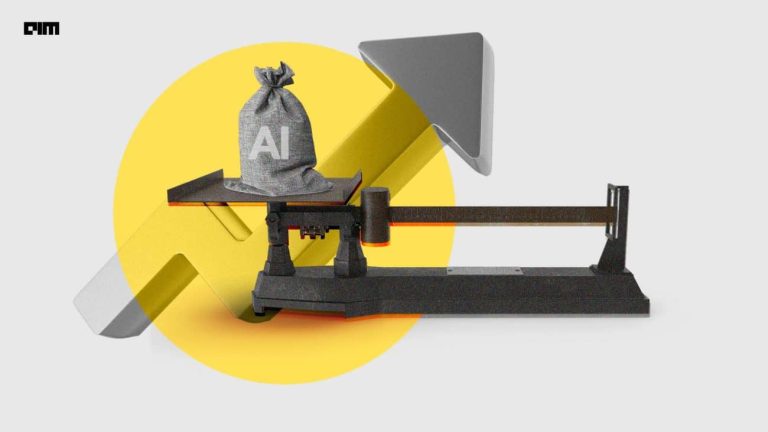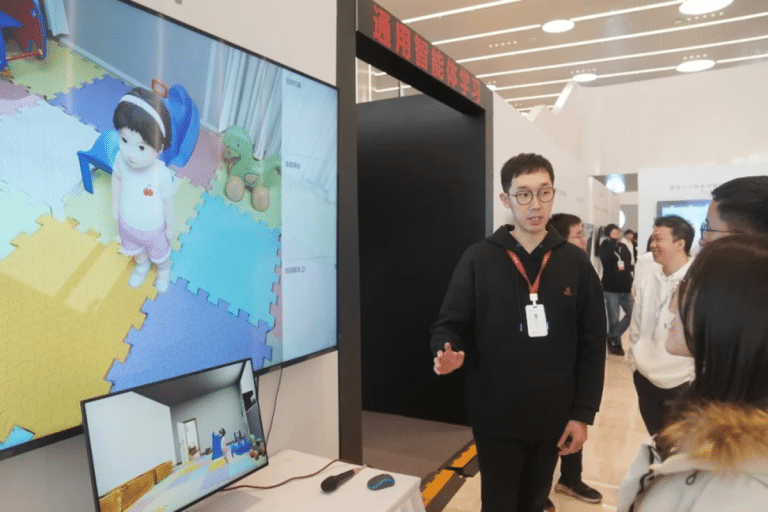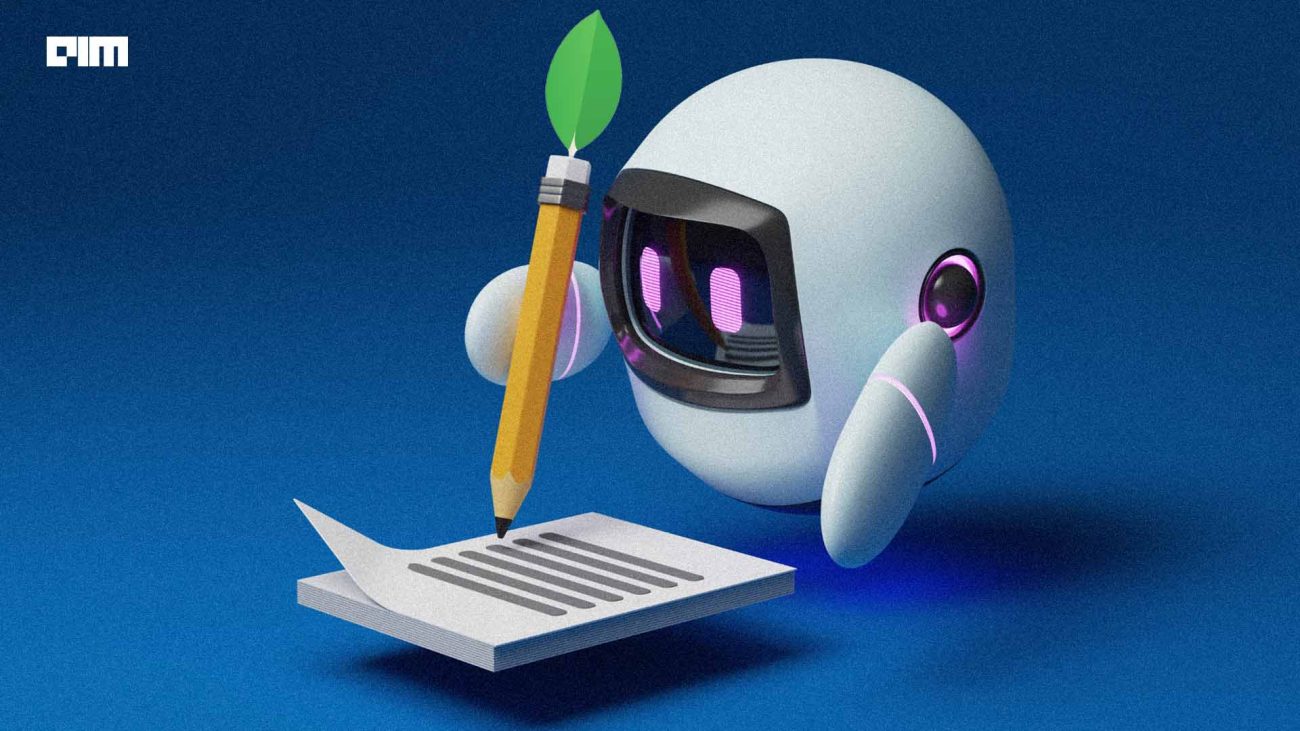Artificial Intelligence has begun to touch our lives in one way or the other. The day is not far when smart devices will know us more than our friends, families and maybe our own selves. We are witnessing significant activity in the AI space with tech giants such as Google, Amazon, Apple and Microsoft stepping up their offerings. Nearly half a million Indians have access to smartphones but not many know how to make the most of it or realise that it can be a tool that can be used to increase their intelligence and knowledge base. According to a report, there are about 650 million mobile phone users in India and just over 300 million of them have a smartphone.
India Has Failed To Unlock The True AI Potential From Their Phones
The main hurdle begins the software that these smartphone runs are largely tailored for Western users and not for Indian masses. For instance, Google Assistant, the most popular AI-powered voice assistant among Android users in India, supports only two languages — Hindi and English, out of 122 recognised Indian languages.
According to a study, nearly 70 percent of Indians consider local languages digital content more reliable than English content. Therefore, in order to deepen the user base, the tech giants have to integrate more Indian regional languages into their AI-powered voice assistants also we need a huge amount of content in vernaculars for mass adoption of voice as a prefered user interface.
It is not that the tech giants are don’t want to support Indian regional languages. It is just that they can’t because most of the AI-powered technologies need colossal amounts of annotated data to train themselves. According to a report, speakers of India’s regional languages don’t seem to generate enough of annotated data.
The Stumbling Block For Startups
To train a machine a company needs a large scale of dataset and Indian startups lack access to the large dataset. There are a handful of companies in India that have access to big data.
India offers the same advantages as China in terms of data (over 99 percent of Indians aged 18 and above have Aadhaar card) but the major drawback is that India doesn’t have its own tech giants like Baidu or Google which can use the data to build a credible AI system. “India would definitely need to think a lot about data privacy and open data platforms,” Vinay Kumar, co-founder of Arya.ai said in a report.
Autonomous Cars? Not yet
In India, the poster boy of artificial intelligence is a distant dream for Indians. Right now the Indian government is more focused on bringing electric vehicles on road. Moreover, none of the states governments has clear laws for such vehicles. Even the current BJP-led NDA government is not keen on bringing them in India over fears that it could take away jobs.
Apart from lack of support from the government, there’s been one major hurdle to self-driving vehicles in India – a legion of lawbreakers, from rash drivers and jaywalkers to cattle. And there are very few companies in India that are testing autonomous vehicles in India. Former Uber CEO Travis Kalanick had also joked about the same, saying, “India will be the last one to get autonomous cars! Have you see the way people drive here?”
Lack Of AI Researchers
India researchers are among the best in the world. However, the country needs to aggressively scale up research in AI. Even though we have made a modest beginning and have allocated $480 million to promote AI, machine learning and IoT this year, India badly lags behind its neighbouring country China. For instance, when it comes to Research and Development, Chinese government sends 2 percent of its GDP on research while India spends a meagre 0.6 percent — compared to the size of its economy.
The engineering talent in India is largely focused on IT, not research and innovation. Reports show that that, out of 129 deemed universities, 67 public institutions, 700 degree-granting institutions, 35,539 affiliated colleges, there are only 15 universities that contribute to almost 42 percent of all research publications. IIT Kharagpur, which is known as the research hub of the Indian IT sector, contributes to just 2.86 percent of research publication.
This shows that India needs massive upgradation programmes in new technologies. As rightly pointed out by NITI Aayog CEO Amitabh Kant that IITs and IIITs must redefine themselves as institute driving cutting-edge technologies for the fourth industrial revolution.
Gender-Bias And Cultural Differences
There is a large gender disparity too. A report claims, internet user market is still a male preserve in India. There are estimated 143 million female internet users overall, which is approximately 30 percent of total internet users. Reports have also shown that at 46 percent, India’s gender gap in mobile phone ownership is also quite large.
Cultural differences between populations within India also becomes a barrier for AI reach. For example, content that is popular among people from states with larger populations dominates over content that is relevant to less populated states.
The large disparities in wages, education and content tend to heavily biased towards male users. Gender biases continue to seeping through algorithms, it learns from the data it is provided.
Lessons To Be Learned
As Indian is a land of culture, languages, the onus lies on Indian developers and companies and startups to make the smart tools and services in India and make it accessible to the masses. Foreign companies are unlikely to meet or even understand the true needs of Indians.
The story of China’s internet giant Baidu holds the most important lesson for India, which has successfully developed an AI-powered search engine on its own.
China has recognized the importance of cultural infrastructure, which bridges the gap between the lab and the market. India should not only recognize the importance of the cultural institutions required for such innovation but also requires an ecosystem of high-tech product industry that focuses on research and innovation, which will strength our AI talent pipeline and help India take the lead in cutting-edge AI innovation.
On The Brighter Side
There are a number of perspectives for which India is behind in AI but there are positive things too. India has started investing in research, education, training and retraining, in solution using AI and machine learning. Infosys, TCS and Wipro are training employees in AI. For example, Infosys has trained nearly 3,000 people and TCS has trained 2,10,000 employees in AI.
Recently, Google partnered with NITI Aayog to work on a range of initiatives including training and incubating Indian startups focused on AI. Moreover, there are many startups that have already embedded AI in their technology stack and starting to supply AI for solving issues that are typical to India.
The positive sign is India has the second largest number of IT professionals in the world, we are going to catch up soon, claims Kris Gopalakrishnan, chairman at Axilor Ventures, and co-founder of Infosys.
Through a series of events and speeches from earlier this year, Prime Minister Narendra Modi is seen to have been deliberately showcasing India as well as his government as technologically forward. According to a report, the prime minister wants NITI Aayog to adopt a comprehensive strategy for the commercialisation of AI so that the nation collectively benefits from the technology.




















































































